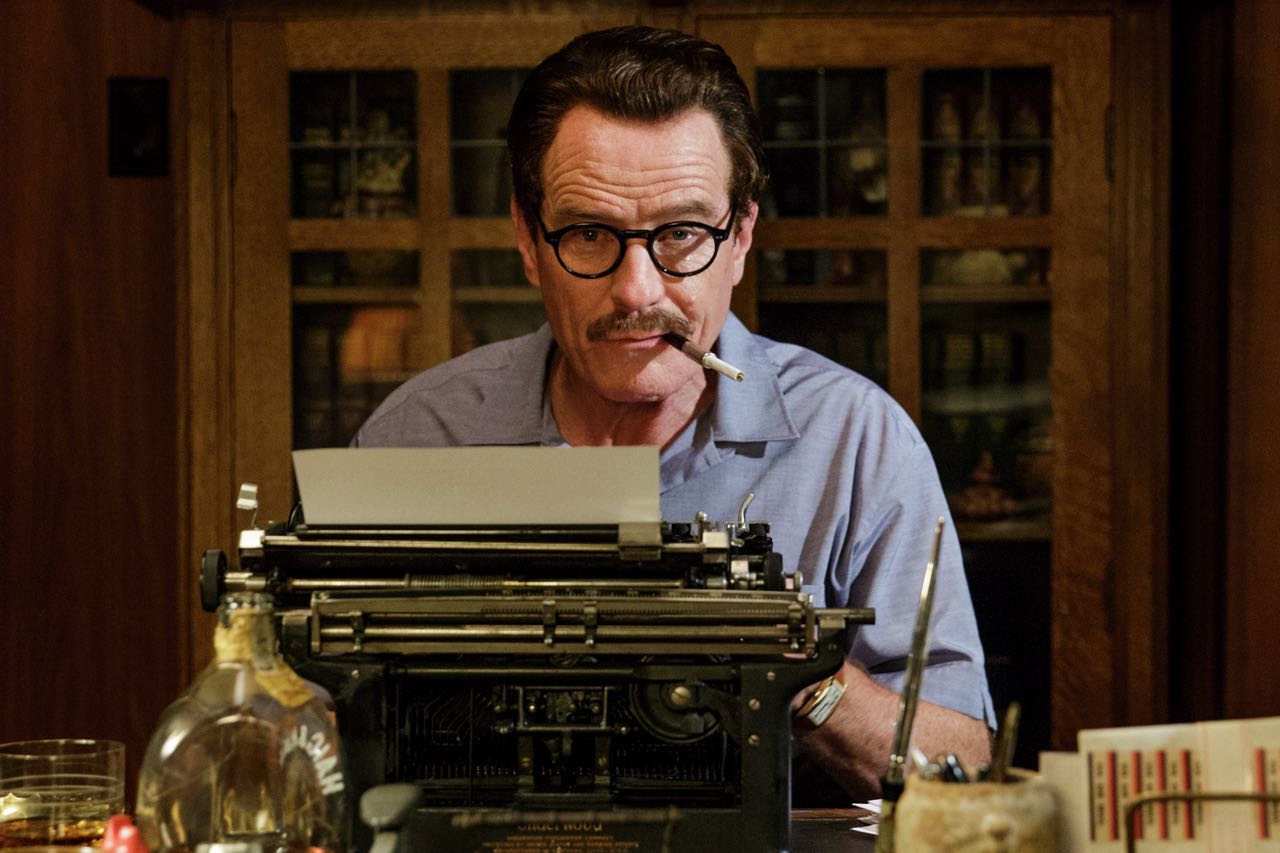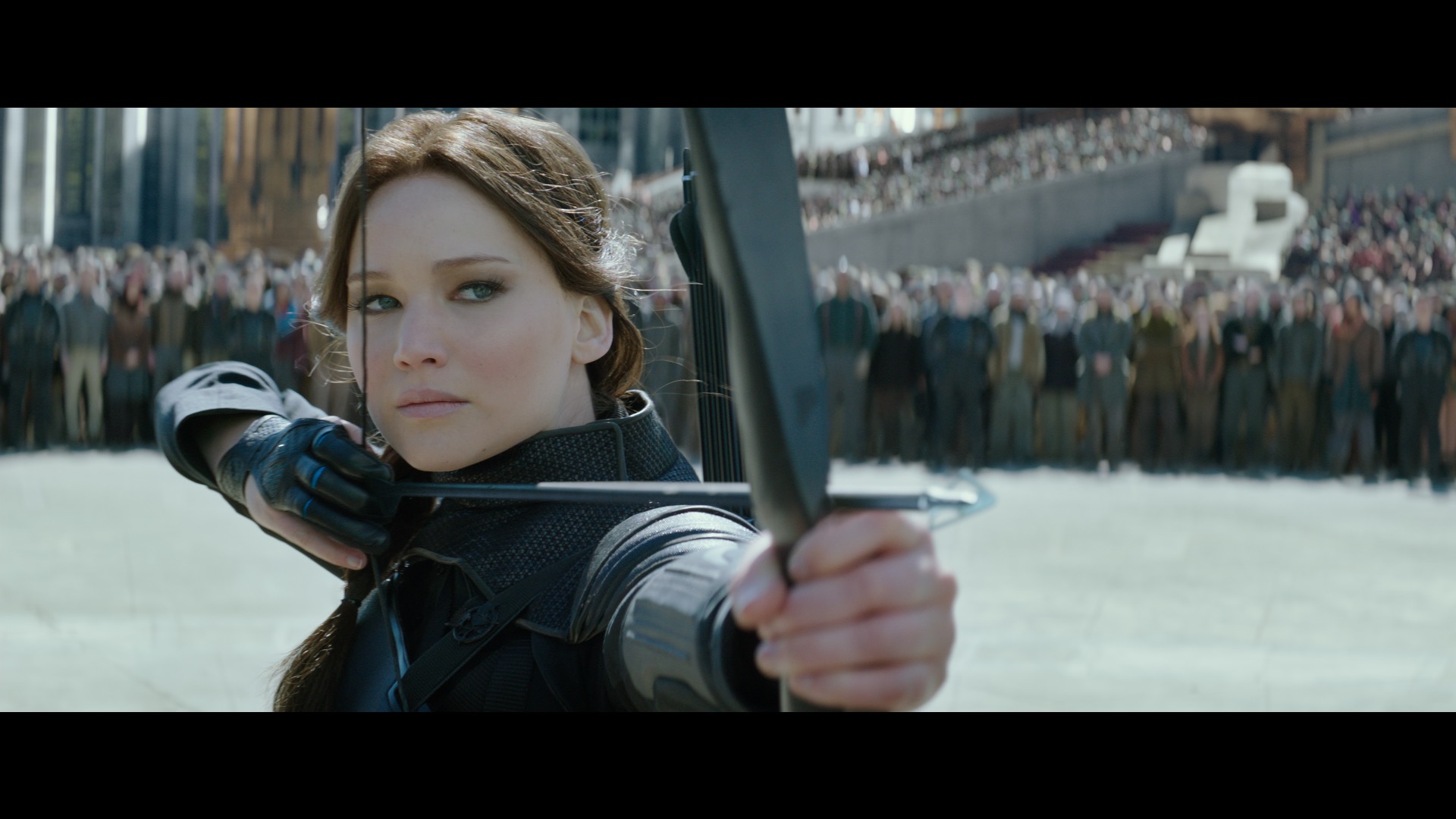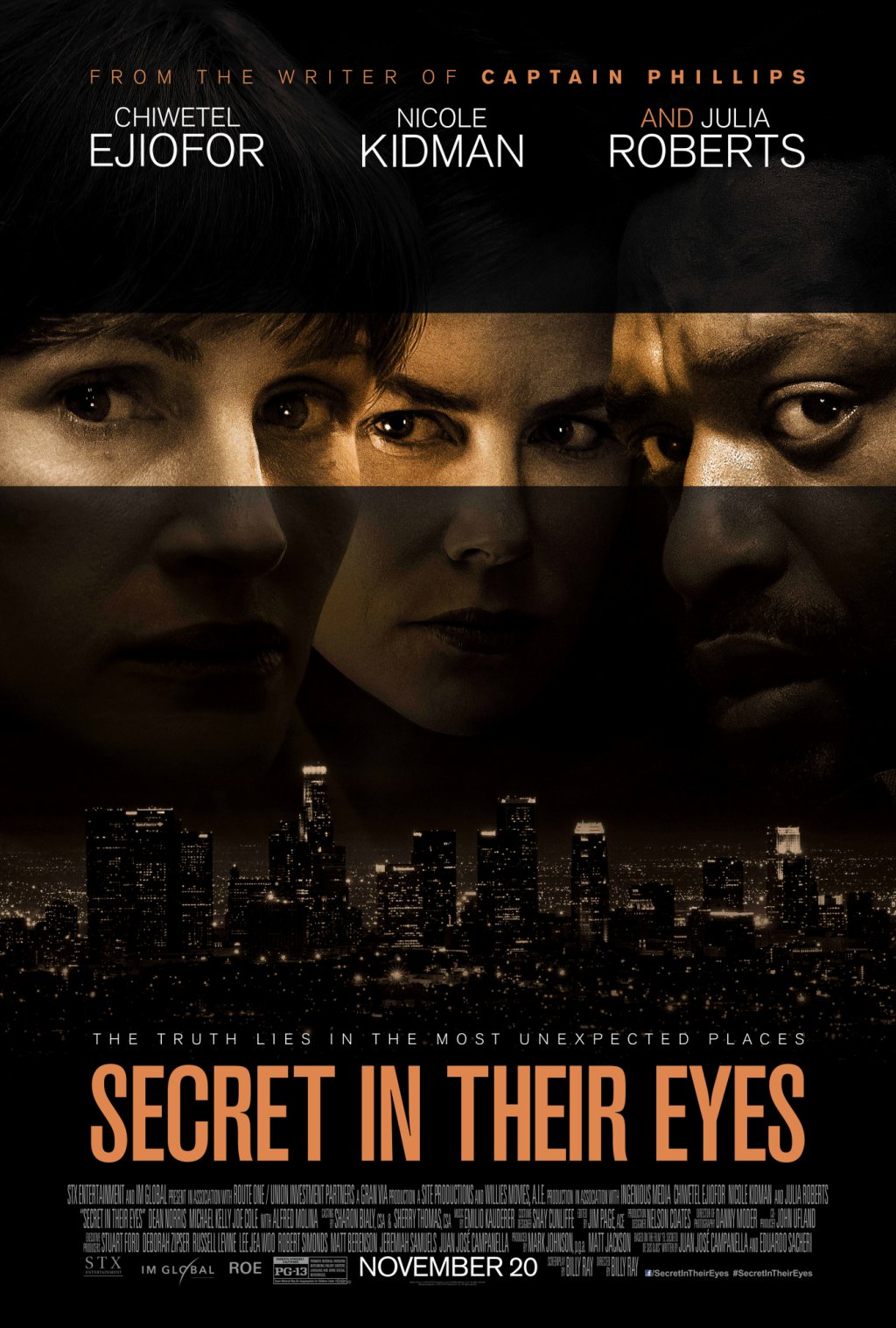Interview: Jay Roach, Director of “Trumbo”
Posted on November 20, 2015 at 3:46 pm

Trumbo is under intense pressure through the film. He has to continue to support his family even though he has been blocked from writing films for the Hollywood studios and even went to prison for nearly a year for refusing to testify before the House Un-American Activities Committee. There are several scenes of him writing in the bathtub, smoking, taking pills, and frantically trying to churn out scripts. “In this case Dalton Trumbo has overextended himself as a writer during this period. Not only was he writing black-market screenplays to survive during the blacklist era for 13 years, but he had also gone to the King Brothers and other producers in our story and said, ‘Look, help all of us get work. He had other friends who he was just trying to help too and bring them in, so he told the shlock independent producers, ‘These are some of the better writers in the business. You can get them at a ridiculously discounted price right now. They will be writing under assumed names and if you don’t like their work I’ll make them go back and rewrite it and if you don’t like it even still I’ll rewrite it myself.’ So he put himself in this kind of hell of perpetual deadlines by having to write way too fast just to be able to make a living because his pay was so low. His back went out, he was smoking too much, taking so many uppers and downers to wake up and then go back to sleep, drinking too much and I wanted to try to capture a little bit of that hellishness. It is kind of an odd place to write in the bathtub but he had to be there to deal with the pain of his screwed up back. He couldn’t sit there just soaking so of course he would sit down and write. And I also like that there is a very constructive aspect to that kind of writing because he is cutting and pasting and stapling and ripping the pages apart and he is muttering the lines of the characters out loud which are funny and some of which are heartbreaking and that kind of mania, that kind of manic-depressive aspect that every writer is familiar with, I thought could add some cinematic drama to the situation and I think Bryan embraced that and went for it.”
Cranston worked hard to get the physicality of the character, very different from what we’ve seen him do in “Breaking Bad” or his other roles. “That was partly to distinguish this character from his other roles but the most important reason he went that way was that was how the guy was and he wanted to get the authentic guy. The Trumbo daughters were around and when the saw him transform into that character both of them said, ‘Oh my God that’s our father.’ They had a lot of thoughts about details, that’s a thing that they had agreed on and agreed with this us on that Bryan captured the essence of this guy. He was theatrical and larger-than-life, a very brilliant writer too, and was just a very deep, deep thinker who would spend hours and hours alone. But when he got up to talk and he spoke a lot at public, he was old school, oratorical. He wasn’t just saying things; he was performing the ideas, and Bryan really went for that too. So as I said the daughters described it as a surreal experience seeing Bryan channel their father.” 
Elle Fanning plays a character based on both of the Trumbo daughters. “I just knew she would capture the essence of the cost to the family, the price on the family’s happiness that Trumbo was forced to be pay and so and I think she was in some way robbed of a normal childhood. They both described it that way but in another way they were bonded by being ostracized and locked into this sort of secrecy together and collaborating in this conspiracy to sell Trumbo’s black-market scripts. By the way they never called him anything other than Trumbo, his kids called him Trumbo, his wife called him Trumbo. Nobody called him ‘dad’ or ‘honey’ or whatever, just Trumbo. They describe their lives as being like living on island, like the Swiss family Robinson, like being castaways. It was very painful sometimes because their lives were so turned upside down and Trumbo became somewhat dysfunctional under all the stress but it was also very loving and family driven in an unusual way that they became so close.”

As he did with “Recount” and “Game Change,” he had to find actors who could play people whose faces are already indelible in the minds of the audience. “Well, you first have to just tamp down your terror that you are going to get it wrong because you know what it’s like when you see a favorite icon miscast or underserved. I think that the fear of failure helped me because I just kept looking and kept looking kept looking until in each case I found the person that that I absolutely was convinced could pull it off. And Kirk Douglas was possibly the most terrifying one for me because he was such a hero in the story along with Otto Preminger who I also had to make sure I got right although he is nowadays a little less iconic. And David Rubin, my incredible casting director, kept sending me people and everyone sort of got part way there. Some people did more of an impression, and that was not right. And then we came across this guy named Dean O’Gorman in New Zealand and I had to rely on Skype calls and video rehearsal and workshopping the character until he and I were both confident because he couldn’t come out until quite close to shooting. So that was risky. It took some faith and I’m really happy with what he did. Kirk Douglas saw him. He joked that he wished that we had cast him but if he couldn’t do it he was really happy with that guy and that meant all the world to us because we recognize that Kirk Douglas took such a risk to put Trumbo’s name on ‘Spartacus,’ so what a great part of the story that would be if we get that character right.”
He’s changed his mind recently on which is his favorite of Trumbo’s films. “Up until I started making this film, ‘Spartacus’ was it because I remember distinctly seeing it when I was at a drive-in with my whole family when I was a little kid, four of us as kids and my parents in 1967 when it was reissued. As a 10-year-old kid I was just like ‘I am Spartacus!’ I’m sure we shouted it around the house and every one of us got in trouble for months and months. But then I re-watched ‘Roman Holiday,’ with that sublime performance and characterization of Audrey Hepburn’s character in her first film and Gregory Peck. It’s not typically my kind of film. I don’t love somewhat straight up romantic comedies but there’s something so beautiful and fairytale about this princess who is not allowed to be a human being in the position she’s kind of thrust into, born into and so she goes out and hangs out with this sort of slightly working-class journalist out in Rome. It’s just a fascinating, I think it might be my favorite.”
Roach says the story has special meaning in today’s political climate, but some themes are eternal. “It’s just the power of storytelling. I think that’s the reason he’s such a hero to so many writers is that he turned storytelling and writing to a super power and he used it to take on one of the most oppressive political witch hunts in the history of our country and he in a way emerged certainly scathed but he reclaimed his name, he helped other writers reclaim their names, he wrote great material and it ultimately exposed in a way the lunacy of the system by doing so. He started out in his life working in a bakery and for many years of hard working he became the highest paid writer in town and then got completely shut down enough to have to go back to square one and write his way out of not only literal jail but movie jail. This is just one of those stories of hope people point to. And then the other thing is just how so easy it is to exploit fear to get people to conform to a particular political ideology. Fear is a powerful political weapon and that applies the 2015 as much as it did in 1947.”







